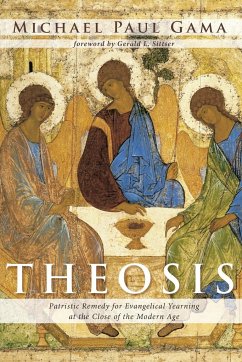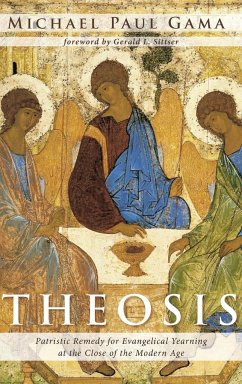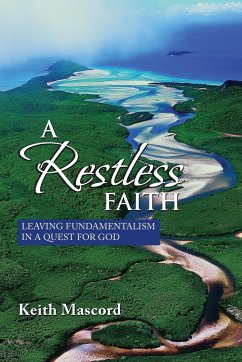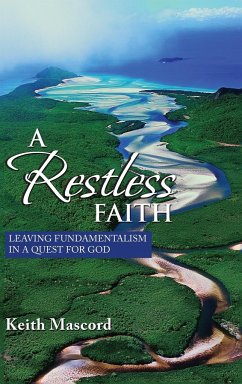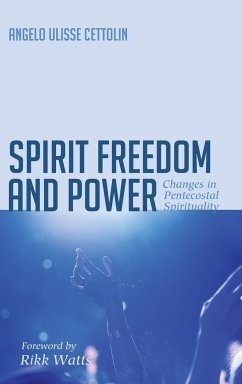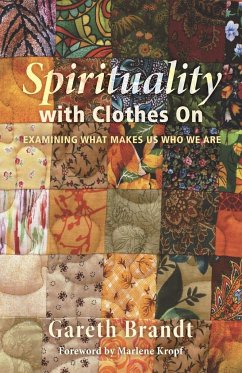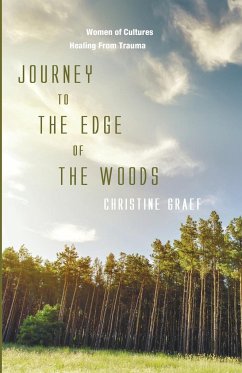Evangelicalism is reaching an inflection point. The exodus of millennials from Evangelical churches and the growth of those self-identifying as ""Nones,"" as in ""None of the Above,"" for their church affiliation, is concerning for the movement's future. Evangelical leaders offer mixed responses to this challenge--from circling the wagons to an enthusiastic ""Everything must change!"" posture. Theosis takes a different approach. Seeking to understand Evangelicalism and its origins, this book suggests that Evangelicalism is best understood as the sibling of western, Enlightenment Modernity, which served it well . . . until the modern cultural ethos began to shift dramatically toward post-modernity. In this shift, young Evangelicals--principally postmoderns themselves--are abandoning ""their father's Evangelicalism"" and its perceived linearity, hyper-rationalism, either/or exclusivity, and faith expression, too often perceived as stripped of mystery and wonder. Theosis proposes that to move forward, Evangelicalism must go back to the future, to re-engage with the patristic understanding of salvation as theosis; deification, or union with God. This radical return--and broadening of the doctrine of salvation--has begun to gain traction in Western Christendom, slowly being considered as it has always in the Christian East, as mere Christianity.
Bitte wählen Sie Ihr Anliegen aus.
Rechnungen
Retourenschein anfordern
Bestellstatus
Storno

